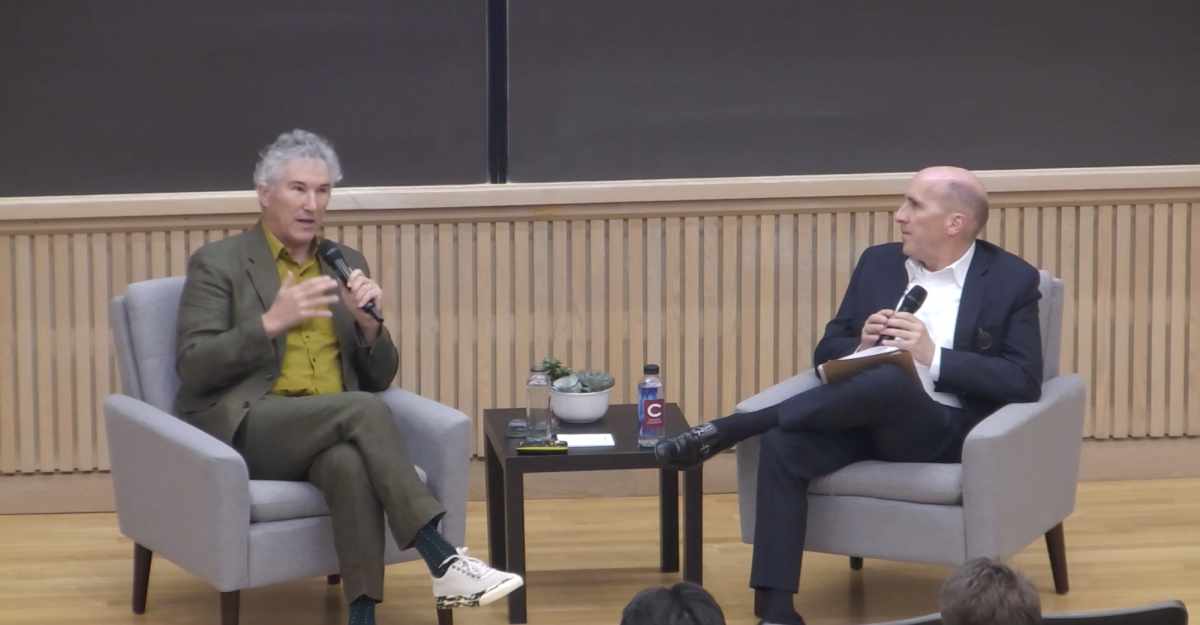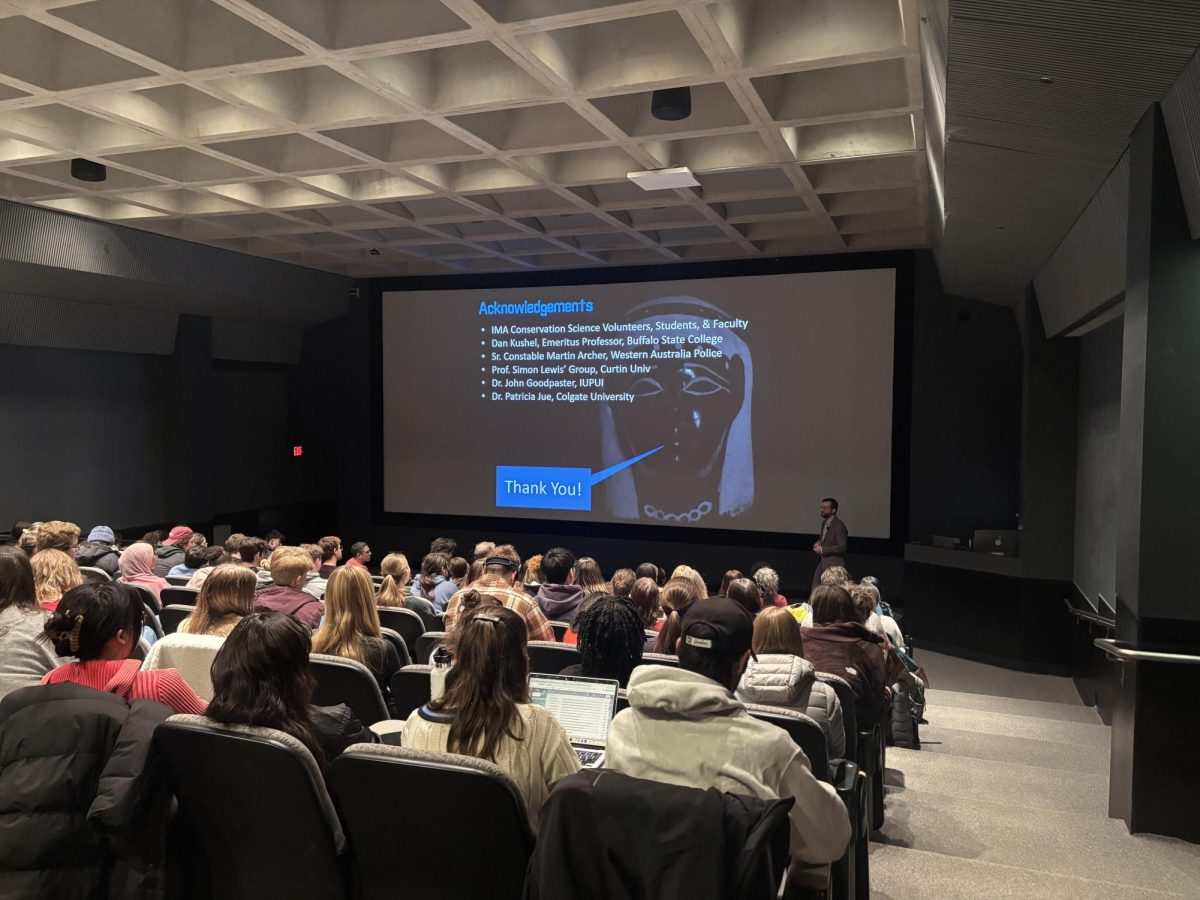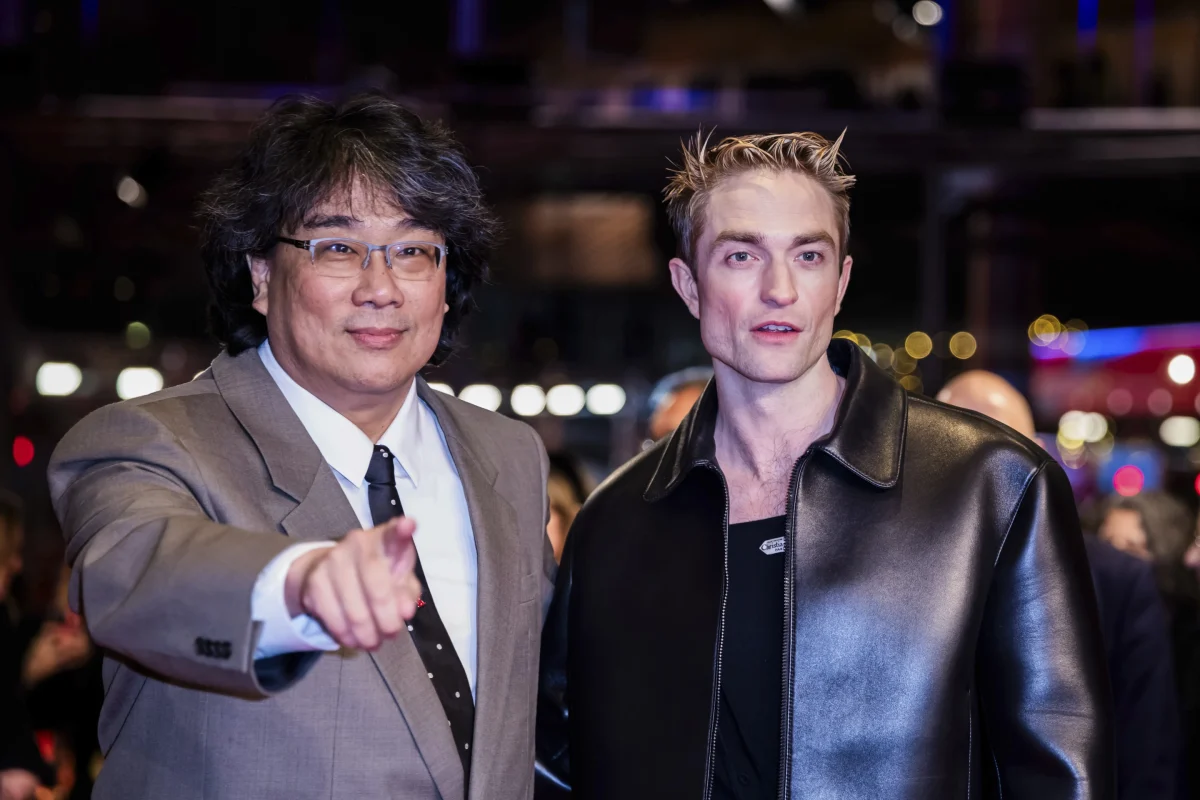Israeli journalist Lee Yaron spoke in Lawrence Hall at Colgate University on March 26 about her book “10/7: 100 Human Stories,” which chronicles the lives lost in the Oct. 7 attacks. Yaron, an investigative journalist for Haaretz and recipient of the 2024 National Jewish Book Award, offered a deeply personal perspective on the tragedy and its far-reaching impact on Israeli society and more broadly the Middle East.
Yaron’s book goes beyond statistics, instead painting an intimate portrait of the victims — Bedouins, Thai and Nepali workers, Ukrainian refugees and Israelis of all backgrounds — who lost their lives that day.
Yaron reflected on the emotional toll and how it has reshaped Israeli identity.
“The dream of Israel as a place of safety has been shattered,” Yaron said.
She noted that prior to Oct. 7, 50% of Israelis believed in the possibility of peace with Palestinians. According to Yaron, that number has since plummeted to between 25% and 35%, and the statistics are similar for Palestinian civilians, as well.
The discussion also addressed the role of women in security and policy-making. Yaron highlighted how women, notably the Israeli Defense Force “spotters,” had warned about suspicious behavior in the weeks and months leading up to the attacks, yet their reports were dismissed. She also pointed to the absence of women in Israel’s military cabinets and hostage negotiation efforts, despite the disproportionate impact of war on women and the leadership of figures like Vivian Silver, founder of a women’s peace group who was murdered on Oct. 7.
Memory politics and media narratives became another focal point of the lecture. Yaron spoke about the global response to the conflict, and her notice that the widespread focus on Palestinian casualties, though understandable, has somewhat overshadowed the memory of Oct. 7. She criticized what she sees as a double standard in international discourse.
For many students in attendance, such as first-year Talia Broder, the talk provided a new perspective on the ongoing conflict.
“[Yaron’s] emphasis on viewing the issue as people versus the government instead of people versus people has stuck with me,” Broder said. “I was grateful to learn about the importance of unification and compromise between both groups.”
First-year Aynsley Zamore talked about the challenges of engaging with topics that have been so saturated by the mainstream media.
“The discussion made me rethink how I consume news. It’s easy to get caught up in viral posts,” Zamore said. “It reminded me to think about media literacy.”
Yaron ended her talk by emphasizing, particularly for students, the need to reevaluate how they engage with the media. She urged attendees to question how stories are told and remembered, emphasizing the importance of books and long-form journalism over fleeting social media narratives.
“We can’t change the past, but we can change how people work together against politicians,” Yaron said.
Yaron’s talked was sponsored by the Lois And Frank Lautenberg Jewish Lecture Fund.














